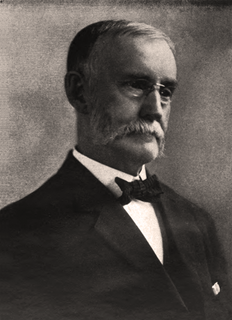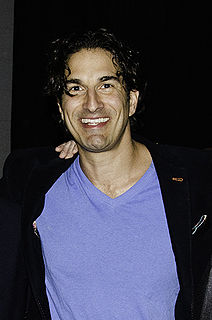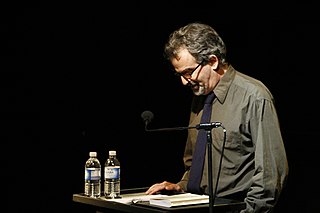A Quote by Muriel Rukeyser
No one wants to read poetry. You have to make it impossible for them to put the poem down--impossible for them to stop reading it, word after word. You have to keep them from closing the book.
Related Quotes
I think you can perform any poem. But what I believe is that the best examples of spoken word poetry I've ever seen, are spoken word poems that, when you see them, you're aware of the fact they need to be performed. That there's something about that poem that you would not be able to understand if you were just reading it on a piece of paper.
We have an obligation to read aloud to our children. To read them things they enjoy. To read to them stories we are already tired of. To do the voices, to make it interesting, and not to stop reading to them just because they learn to read to themselves. Use reading-aloud time as bonding time, as time when no phones are being checked, when the distractions of the world are put aside.
The best thing about conceptual poetry is that it doesn’t need to be read. You don’t have to read it. As a matter of fact, you can write books, and you don’t even have to read them. My books, for example, are unreadable. All you need to know is the concept behind them. Here’s every word I spoke for a week. Here’s a year’s worth of weather reports... and without ever having to read these things, you understand them.
I stalk certain words... I catch them in mid-flight, as they buzz past, I trap them, clean them, peel them, I set myself in front of the dish, they have a crystalline texture to me, vibrant, ivory, vegetable, oily, like fruit, like algae, like agates, like olives... I stir them, I shake them, I drink them, I gulp them down, I mash them, I garnish them... I leave them in my poem like stalactites, like slivers of polished wood, like coals, like pickings from a shipwreck, gifts from the waves... Everything exists in the word.
Master those books you have. Read them thoroughly. Bathe in them until they saturate you. Read and reread them…digest them. Let them go into your very self. Peruse a good book several times and make notes and analyses of it. A student will find that his mental constitution is more affected by one book thoroughly mastered than by twenty books he has merely skimmed. Little learning and much pride comes from hasty reading. Some men are disabled from thinking by their putting meditation away for the sake of much reading. In reading let your motto be ‘much not many.
Eliminate the word HATE and replace it with LOVE. The words: hate, hatred, hating, haters, hate that, hate this...and so forth. Stop people when they say them. Stop people from expressing any of those words in action. Make the word HATE as old as GROOVY. The word LOVE has been proven to be the most beautiful word. Learn to use it and put it into action - any which way you can.
It is impossible to estimate full influence of the reading of the Word in a home day after day and year after year. It filters into the hearts of the young. It is absorbed into their souls. It colors all their thoughts. It is wrought into the very fiber of their minds. It imbues them with its own spirit. It’s holy teachings become the principles of their lives, which rule their conduct and shape all their actions.
It's going to be labor-intensive and time-consuming, but you need to take all the books down and put them on the floor. Take them down and spread them in one area. Physically pick each book up, one by one. If the book inspires you, keep it. If not, it goes out. That's the standard by which you decide.
Words fail me sometimes. I have read most every word in the Webster’s International Dictionary of the English Language, but I still have trouble making them come when I want them to. Right now I want a word that describes the feeling you get – a cold sick feeling deep down inside – when you know something is happening that will change you, and you don’t want it to, but you can’t stop it. And you know you will never be the same again.







































